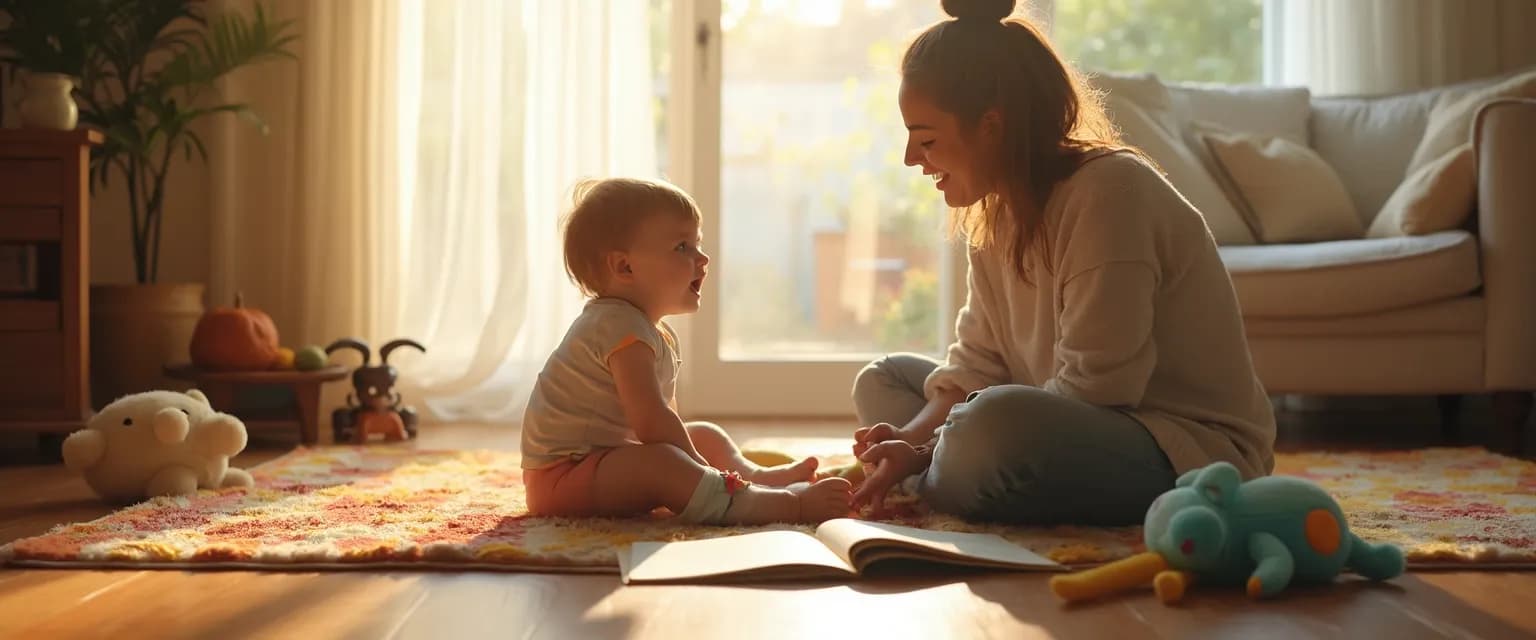Nurturing Self-Awareness in Preschoolers Through Daily Conversations
Nurturing self-awareness in preschoolers lays a crucial foundation for their emotional development and future social interactions. Those early years between ages 3-5 represent a golden window when children begin recognizing their own feelings, preferences, and unique qualities. Daily conversations provide perfect, natural opportunities to foster this self-awareness in preschoolers without adding extra activities to your busy schedule. When children develop strong self-awareness early, they're better equipped to navigate social situations, regulate emotions, and build meaningful relationships throughout life.
Many parents wonder how to effectively encourage self-awareness in preschoolers during everyday moments. The good news? You don't need special equipment or extensive training – just thoughtful conversations and consistent emotional coaching. This guide offers practical dialogue examples, age-appropriate questions, and simple techniques that seamlessly integrate into your daily routines. By implementing these strategies, you'll help your preschooler develop a strong sense of self while strengthening your parent-child bond.
Simple Conversation Starters to Build Self-Awareness in Preschoolers
Effective self-awareness in preschoolers begins with asking the right questions during everyday moments. Instead of generic "How was your day?" try more specific prompts that encourage reflection: "What made you smile today?" or "Was there anything that felt tricky for you?" These questions help preschoolers identify and articulate their emotions.
Mealtime offers excellent opportunities for self-awareness conversations. Try asking, "Which food on your plate is your favorite? Why do you like it?" This simple exchange helps preschoolers recognize their preferences and practice explaining their thoughts. Similarly, during playtime, questions like "Which toy did you enjoy playing with most?" or "How did you feel when you built that tall tower?" encourage children to reflect on their experiences.
Introducing "emotion words" naturally into conversations supports self-awareness in preschoolers. When reading stories together, pause to ask, "How do you think the character feels right now? Have you ever felt that way?" This helps children connect emotions to specific situations while recognizing similar feelings in themselves.
Bedtime routines create perfect moments for deeper self-awareness discussions. Try a simple daily reflection: "Let's think about three things that made you happy today" or "Was there something that was hard for you today?" These questions help preschoolers process their experiences while developing emotional awareness patterns that will benefit them throughout life.
Responding to Enhance Self-Awareness in Preschoolers
How you respond to your preschooler's expressions significantly impacts their developing self-awareness. When your child shares feelings, validate them with responses like, "I see you're feeling frustrated because your block tower fell. It's okay to feel disappointed when something doesn't work out." This validation helps preschoolers recognize that their emotions are normal and acceptable.
Mirroring observations about your child's unique qualities supports self-awareness in preschoolers. Comments like, "I noticed you were really patient while waiting your turn" or "You seemed to enjoy drawing with the blue crayon today" help children recognize their preferences and strengths. These reflections should be specific rather than general praise.
When preschoolers attempt new skills, acknowledge both their efforts and limitations with supportive language: "You worked hard trying to zip your jacket. The zipper can be tricky, but you didn't give up!" This balanced feedback helps children develop realistic self-awareness without discouragement.
Follow-up questions extend the conversation and deepen self-awareness. If your child says they enjoyed a particular activity, respond with, "What did you like most about it?" or "How did it make your body feel?" These body awareness techniques help preschoolers connect physical sensations with emotions, building comprehensive self-understanding.
Creating a Home Environment That Fosters Self-Awareness in Preschoolers
Consistency in your conversation patterns significantly impacts self-awareness development in preschoolers. Establish regular check-in moments throughout the day – perhaps during car rides, bath time, or while preparing meals. These predictable opportunities for reflection help children develop habitual self-awareness.
Family routines that incorporate self-awareness discussions might include a dinner table tradition where everyone shares something they felt proud of that day, or a bedtime ritual of naming three emotions experienced. These practices normalize emotional reflection for the entire family.
As you implement these strategies, watch for signs of developing self-awareness in preschoolers: using more specific emotion words, recognizing cause-and-effect in their feelings, or showing increased empathy toward others. These indicators confirm your conversations are making a positive impact.
By consistently engaging in these thoughtful daily interactions, you're providing your preschooler with essential emotional intelligence tools that will benefit them throughout life. Remember that nurturing self-awareness in preschoolers doesn't require elaborate methods – just intentional, caring conversations that acknowledge their developing sense of self.




